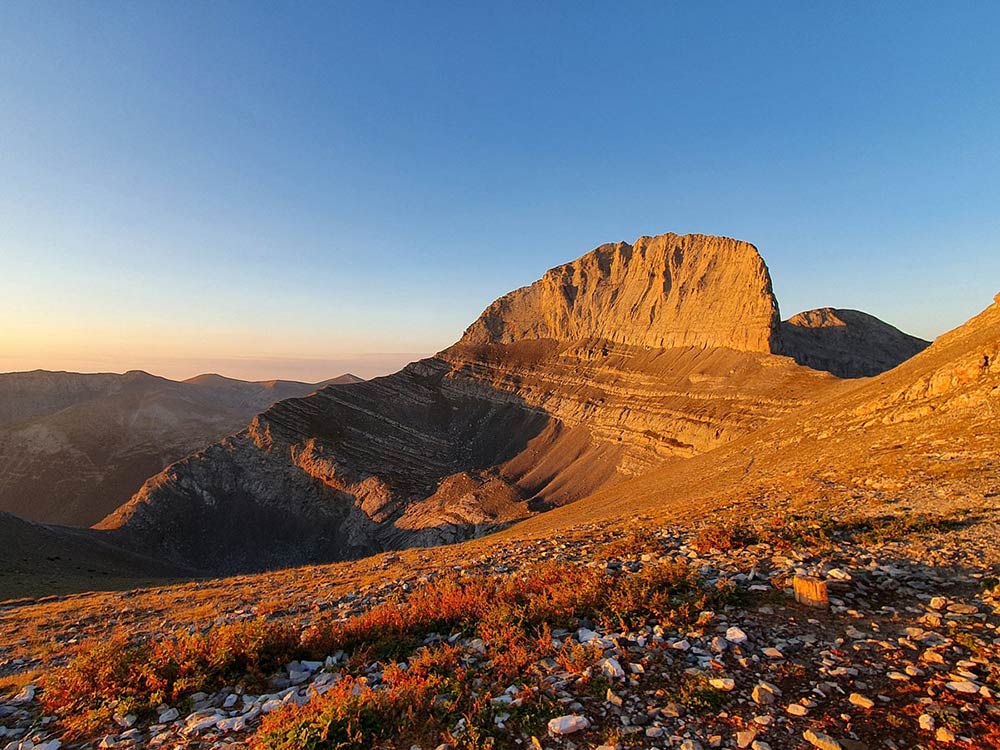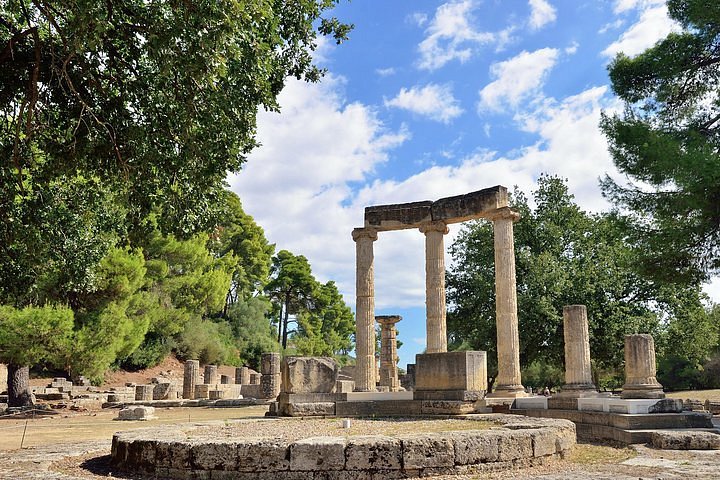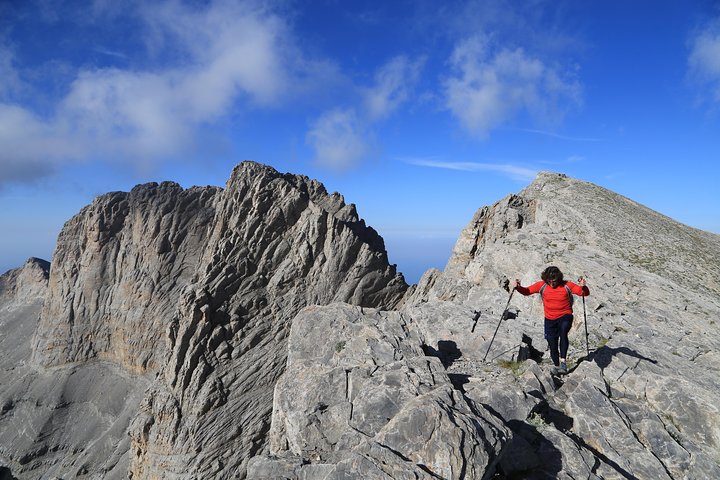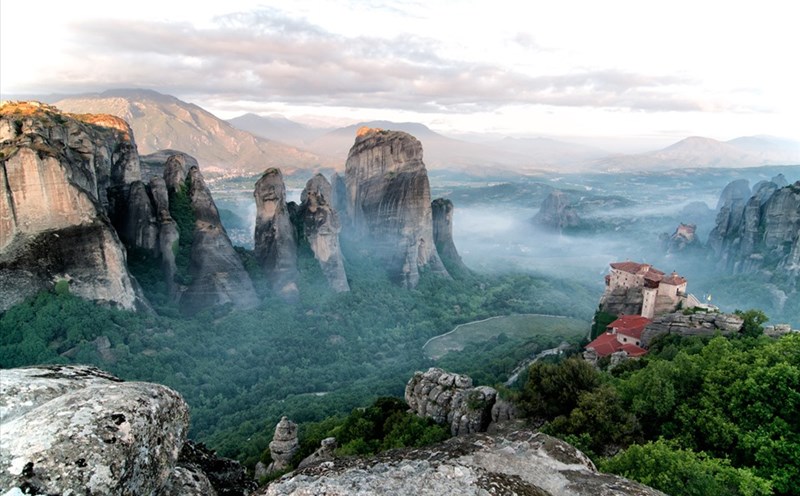After 25 years of broadcasting, "Road to Olympia" has become a familiar program to Vietnamese audiences, an arena for competing in the academic talents of high school-age youth.
However, for many years, viewers have wondered about the name of the show. Does Mount Olympia really exist? And if so, where is Mount Olympia?

In reality, Mount Olympia does not exist. Therefore, there is no road leading to Mount Olympia.
Olympia is actually a small town in the Elis region on the Peloponnese peninsula in Greece, famous for the nearby archaeological site of the same name.
Here, archaeologists have discovered evidence of many ancient cultural works such as warehouse systems, factories, temples of Hera and Zeus, stadiums... This place has been recognized by UNESCO as a world heritage site, with the official name: Olympia Archaeological Site.
The oldest ruins date from 2000 to 1600 BC, the sanctuary dates from around 1000. Olympia was originally under the control of the nearby town of Pisa, which later came under the control of the inhabitants of Elis.

Olympia was also the site of the ancient Olympic Games. The event took place every four years, but was abolished in the 4th century by the Roman emperor Theodosius I (and possibly his grandson Theodosius II) because they were considered to be reminiscent of paganism.
Olympia is also known for its colossal chryselephantine (ivory and gold on a wooden frame) statue of Zeus. The statue, sculpted by Pheidias, was considered one of the Seven Wonders of the Ancient World.
Meanwhile, Mount Olympus is the home of the 12 most powerful gods in Greek mythology. The throne of Zeus in Greek mythology is said to be located on top of Mount Olympus - but ordinary people cannot see it with their own eyes.

The Olympus mountain range lies between Macedonia and Thessaly in northern Greece, with 52 peaks and deep gorges. The highest peak is Mytikas (Greek for “nose”) with an altitude of 2,918m.
Mytikas is also the target of many mountaineering enthusiasts. Climbers often start their journey from the town of Litochoro, known as the “city of the gods” located right at the foot of the mountain.

Not only is Mount Olympus a mythical destination with many interesting legends, it also possesses a rich flora. It was recognized as Greece's first National Park in 1938 and is a world biosphere reserve. On the way to conquer the mountain top, visitors can visit the slopes, look far away and explore the unique flora and fauna of this place.




